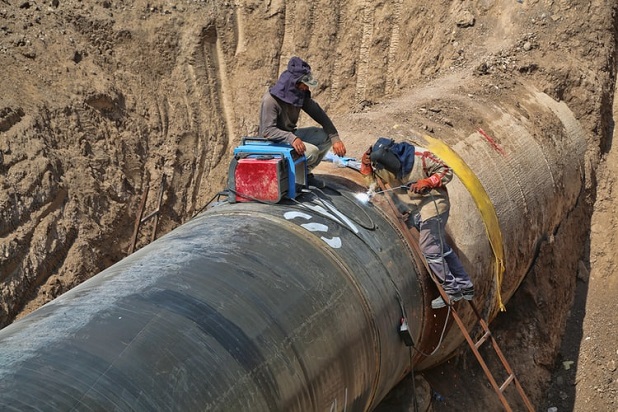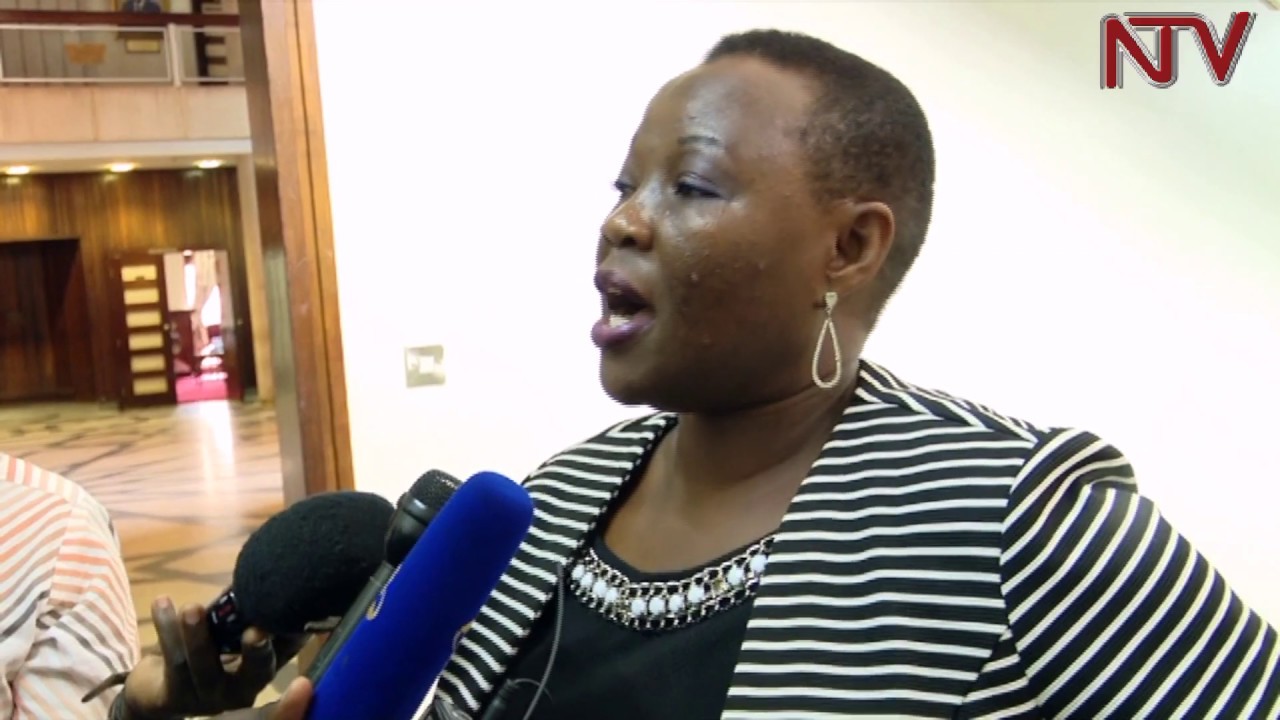Chris Baryomunsi, the Minister of ICT & National Guidance
Government has blamed the poor network of telecoms on the refusal by Ugandans to give up their land to install masts in fear of catching strange diseases.
The revelation was made by Chris Baryomunsi, the Minister of Information, Communications, Technology (ICT) and National Guidance during today’s plenary sitting where he was briefing Parliament on the status of the quality of communication services in Uganda.
In this respect, Baryomunsi told Parliament that Uganda Communication Commission (UCC) carried out an annual technical survey from September 2020 to October 2020 covering 24 towns including; Gulu, Mbarara, Mbale, Masindi, Arua, Kabale, Iganga, Hoima and Lira.
The other towns included; Ntungamo, Jinja, Fort-Portal, Soroti, Masaka, Kamuli, Mityana, Oyam, Mayuge, Kampala, Kotido, Mubende, Tororo, Mukono and Entebbe.
The survey reviewed the Quality of Services of Africell Uganda Limited, Airtel Uganda Limited, MTN Uganda Limited, Uganda Telecom Limited (UTL) Smile Communications Uganda Limited and Tangerine Uganda Limited (Lyca).
Minister Baryomunsi said although a base station is required to provide network coverage to people using cell phones in its specific surrounding geographical area and the closer a base station that is mounted on a mast is to the mobile phone user, the stronger the signal from the base station and thus the better the quality of communication, Ugandans are hesitant to giving up their land.
“Communities are commonly objecting to establishment of masts within their neighbourhoods due to concerns about health and safety effects of masts. This is impacting the grant of construction authorisation by the National Environment Management Authority (NEMA) to telecom operators to set up the requisite infrastructure in the vicinity of such communities,” Baryomunsi said.
As such, NEMA and Uganda Communications Commission are working jointly to sensitize the masses that the masts in Uganda are within the recommended international health levels and thus do not pose a risk to their health, but that they are required to facilitate improvement of network coverage and capacity of networks in their community.
The Minister also blamed the poor telecom network on the decision by some Ugandans to purchase substandard devices, saying these cheap quality phones do impact the user’s quality of service.
He also blasted owners of some radio stations for installing illegal signal boosters, a practice he simply lamented about as being prevalent.
“These unauthorised boosters amplify the radio signal noise causing signal interference to mobile networks of duly licensed network operators and this is affecting the quality of service,” Baryomunsi said .
The Minister also sounded a public warning against the sale, installation and use of signal boosters without prior authorisation from Uganda Communications Commission.





